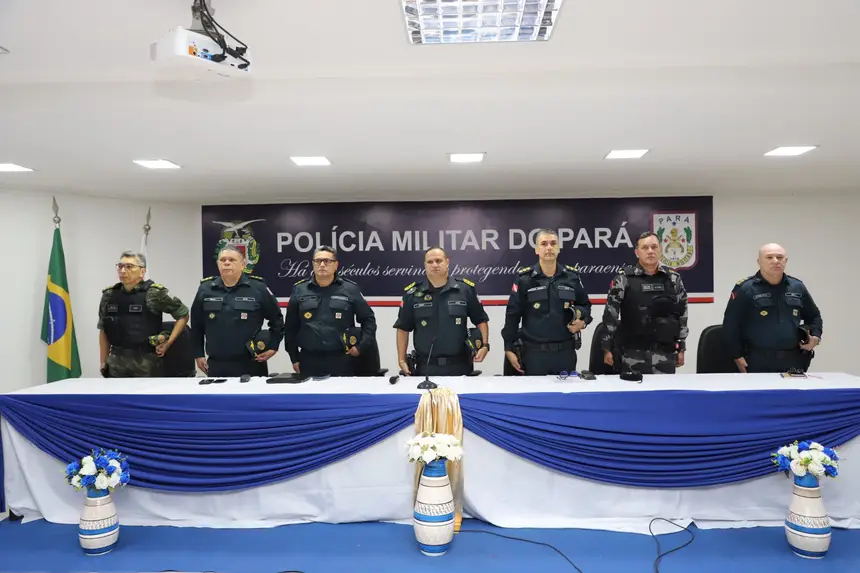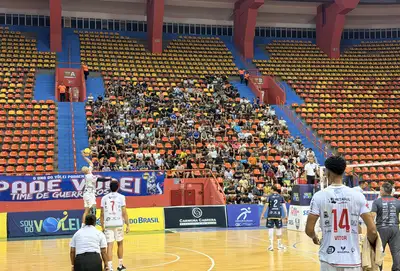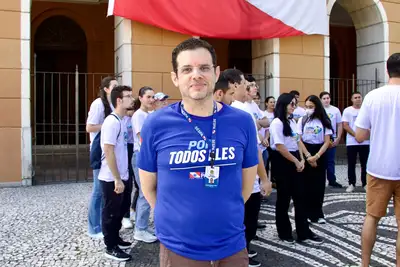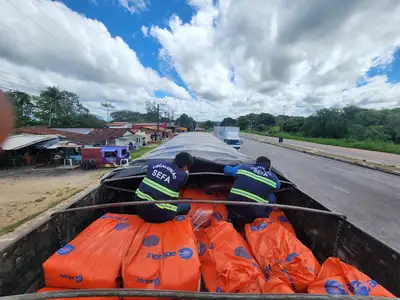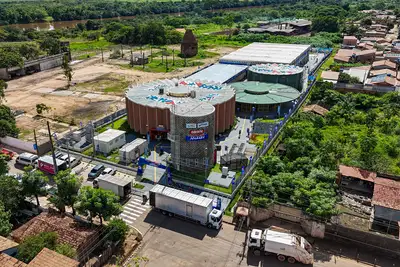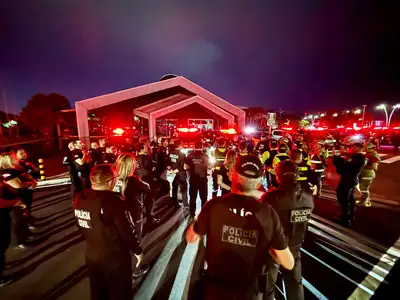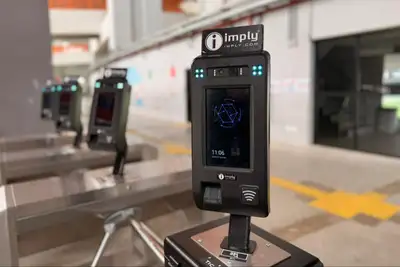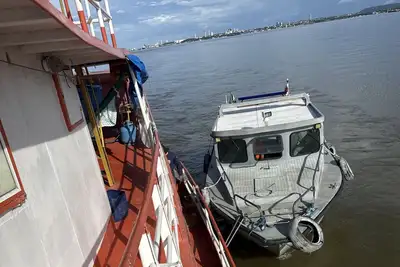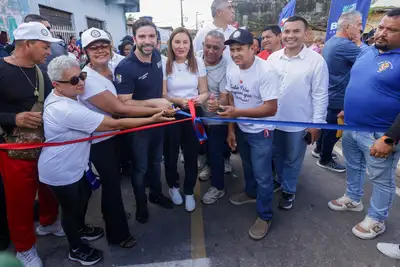Military Police of Pará begins first Police Negotiation Course
With a workload of 140 class hours, the course is exclusively aimed at officers of the corporation, bringing together students from different commands and specialized units.
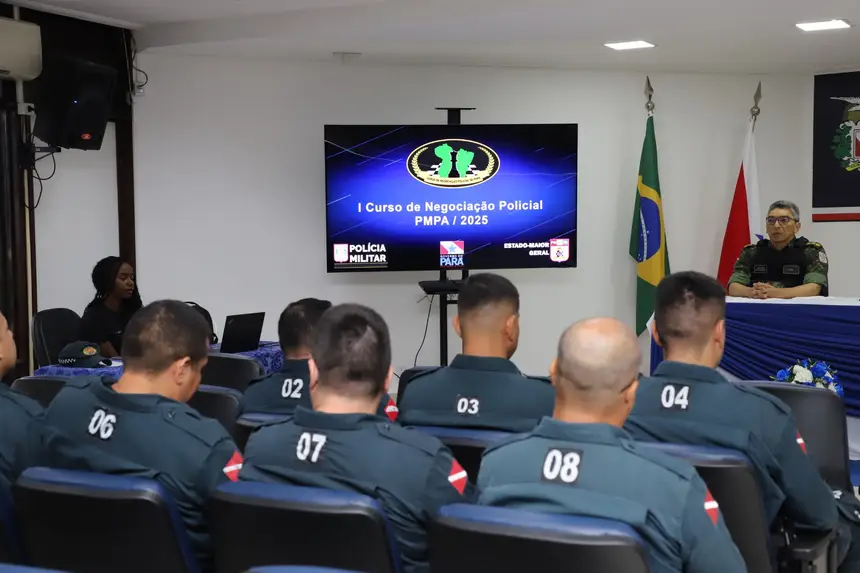
On this Tuesday (14), the Military Police of Pará began the I Police Negotiation Course (CNP), the first conducted by the corporation. The training represents a historic milestone in the technical training of PMPA, focusing on preparing officers to act in crisis situations and critical events, prioritizing negotiation as the first tactical alternative.
With a workload of 140 class hours, the course is exclusively aimed at officers of the corporation, bringing together eight students from different commands and specialized units.
Chief of Staff of the Military Police, Colonel Ariel Sampaio, highlighted the importance of continuous investments in the qualification of public security agents. “The government of Pará has consistently invested in the training of our troops, and the results can already be seen in the reduction of crime rates. This attentive look at the training of our police officers is essential to strengthen the corporation's performance. Certainly, this course will contribute to us being even more prepared to manage any crises that may occur throughout the State,” he assured.
For First Lieutenant Kepler, a student in the class, the expectation is that the training will be highly technical and demanding. “It is a course that requires a lot from the intellect and mental preparation of the students, as the negotiator's activity is extremely complex. The idea is to strengthen the psychological and mental resilience of the police officer to respond to crisis occurrences. We hope that everyone is prepared to act in future demands, especially during COP30, when Brazil and the world will be focused on Pará,” he highlighted.
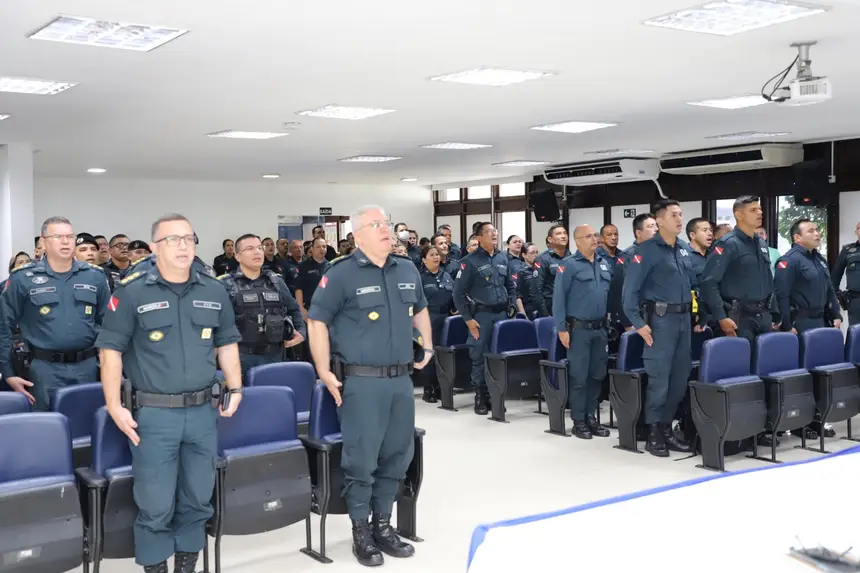
For Major Alexsandro Fonseca, head of the 3rd Section of the General Staff of the corporation and one of the course coordinators, the start of the training marks a strategic advance in the performance of the Military Police.
“Police negotiation is the first tactical alternative in the face of critical events, before the use of precision shooters or tactical assault teams. These events are complex occurrences that escape the routine of policing. The course is a historic milestone. After the crisis management course held last year, this course consolidates the troop's preparation to act with technique and balance,” explained the officer.
The participants underwent a rigorous selection process, with psychological evaluations aimed at identifying the most suitable profile for the negotiator role. The expectation is that, with the course, the Military Police of Pará will strengthen its response capacity and expand the use of negotiation as a tool for preserving life and public order.
The course curriculum includes subjects that address everything from psychological aspects to communication techniques and crisis management, including: notions of Human Rights applied to negotiation; communication and oratory; notions of Neuro-Linguistic Programming (NLP); approach to suicidal individuals; police action in large events; crisis management and introduction to police negotiation; crisis negotiation with crowds; psychology applied to police negotiation; police negotiation techniques; technical and tactical negotiation; simulations of critical events.
